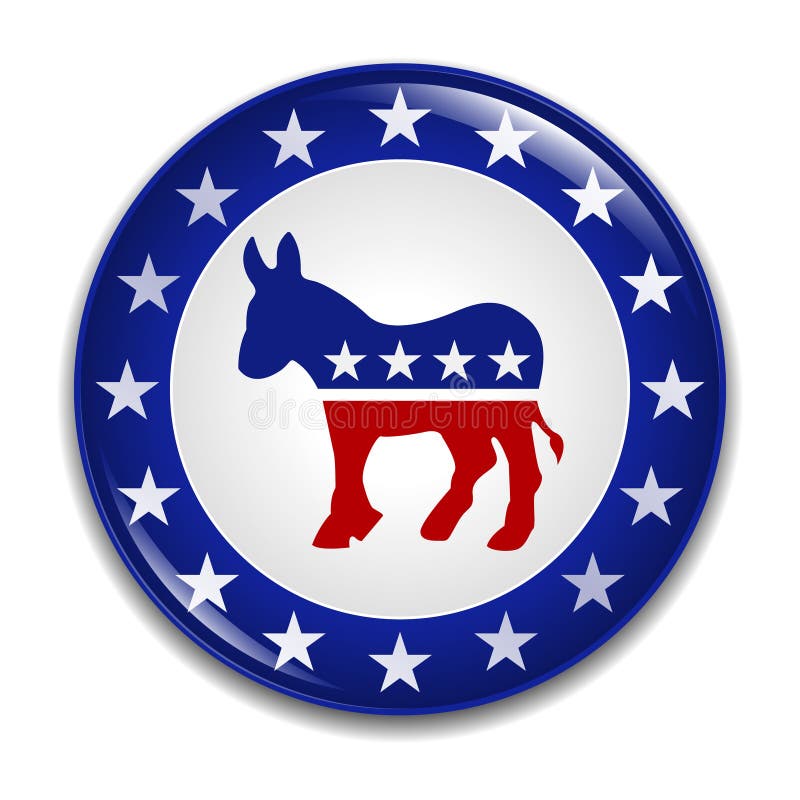The Democratic Party
Historically, the Democratic Party has positioned itself as the party of social justice and progressive reforms. In the early 20th century, under the leadership of figures like Woodrow Wilson, the party began advocating for labor rights, women’s suffrage, and antitrust regulations. The New Deal era of the 1930s marked a significant shift, as Franklin D. Roosevelt’s administration implemented a series of programs aimed at economic recovery and social safety nets in response to the Great Depression. This included the establishment of Social Security, unemployment insurance, and various public works initiatives that sought to alleviate poverty and stimulate job growth.
In the post-World War II era, the Democratic Party continued to champion civil rights, gaining momentum in the 1960s with leaders like John F. Kennedy and Lyndon B. Johnson. The Civil Rights Act of 1964 and the Voting Rights Act of 1965 were landmark pieces of legislation that sought to dismantle institutional racism and ensure equal rights for all Americans, particularly African Americans.
In recent decades, the Democratic Party has embraced a more expansive view of social issues, advocating for healthcare reform, environmental protection, and LGBTQ+ rights. The Affordable Care Act, passed under President Barack Obama in 2010, exemplifies this commitment to expanding access to healthcare. Additionally, Democrats have increasingly focused on climate change, emphasizing the need for sustainable policies and practices in response to growing environmental concerns.

